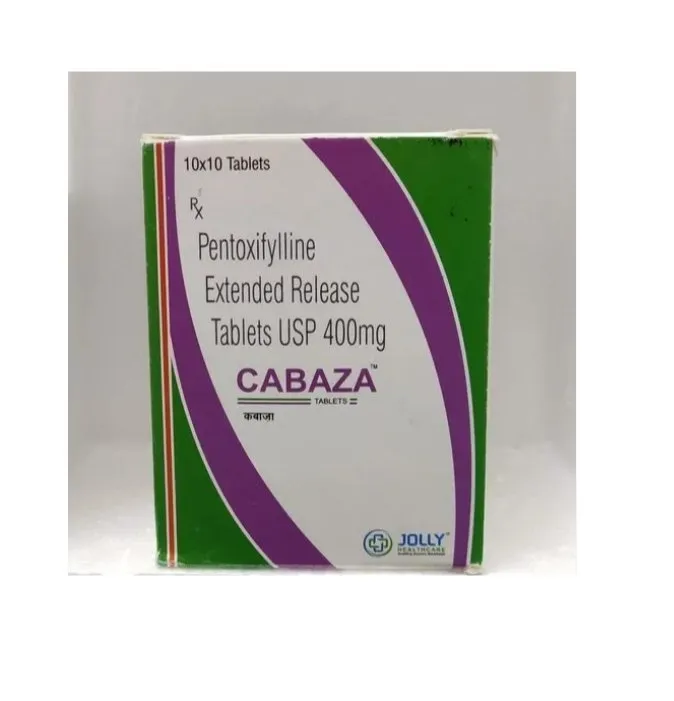If you have a loved one with bipolar disorder, you probably already know how challenging this condition can be.
The signature symptoms of bipolar disorder, including erratic behavior patterns and dramatic mood changes, can make it extremely difficult to cope with this disease. But with the right interventions, you can treat some of the condition’s most worrisome symptoms and help the patient pursue their full measure of happiness.
We’ve prepared the five most effective tips for managing bipolar disorder. But first things first.
Photo Credit: Pixabay.com
What Is Bipolar Disorder?
Bipolar disorder, formerly known as manic depression or manic depressive illness, is a mental condition that causes sudden and erratic changes in behavior, mood, and activity levels.
The condition is most common in older teenagers and young adults. But it can affect anyone regardless of age or social status.
In terms of overall prevalence, the National Alliance on Mental Illness indicates that up to 3% of adults in the United States live with bipolar disorder.
Photo Credit: Pixabay.com
Effective Tips for Managing Bipolar Disorder
1. Cannabidiol
Cannabidiol (CBD) is a cannabis-derived chemical believed to contain a host of health benefits. Numerous findings indicate that using cbd oil for headaches and pain or other cannabidiol-based products might help manage various mental health conditions, such as schizophrenia and social anxiety disorder (SAD). Fact that bipolar disorder is inherently a mental disease, it might equally be treated using CBD.
To enjoy CBD’s positive effects on bipolar disorder, you’ll need to carefully research a supplier and their products to avoid getting tricked. The most reputable cannabidiol companies tend to be those who’ve existed for much longer (usually five years or more) and enjoy high approval ratings from their former clients.
As for CBD quality, experts recommend purchasing products with a certificate of analysis (CoA). The supplements should preferably also contain CBD obtained from organic hemp and extracted by the Carbon Dioxide (CO2) Extraction Method.
2. Mindfulness Meditation
Mindfulness meditation is a technique that allows you to focus on the present moment. This cognitive-based approach helps fight anxiety by blocking intrusive thoughts.
A 2013 study published in Behaviour Research and Therapy found that mindfulness meditation could reduce the risks of anxiety and depression, which are significant symptoms of bipolar disorder.
Researchers also noted that the more the subjects meditated, the less intense their anxiety symptoms were.
3. Fatty Fish
Seafood isn’t only beloved for its yummy taste and rich nutritional value. It turns out that certain fish varieties, especially fatty fish like salmon and mackerel, might also offer treatment for bipolar disorder.
Fatty fish species are loaded with omega-3 fatty acids. Omega-3 fatty acids are famous for their anti-inflammatory and antioxidant properties. And according to research, these compounds may also help stabilize moods.
Therefore, consuming fish regularly might treat bipolar disorder by addressing one of the condition’s signature symptoms – erratic mood swings.
Photo Credit: Pixabay.com
4. Light Therapy
People living with bipolar disorder often battle various sleep disorders, particularly insomnia. Sleep deprivation mainly results from interruptions in the sleep-wake cycles, also known as circadian rhythms. And these disruptions are usually caused by the body’s inability to process changes in temperature and light.
A study in Dialogues in Clinical Neuroscience suggests that light therapy might help reset the internal clock in regulating circadian rhythms. This might further restore regular sleep cycles.
Light therapy typically involves monitored exposure to periods of light and darkness. If carefully implemented, this approach can train the body on when to stay awake and when to go to sleep.
5. Rhodiola Rosea
Rhodiola rosea, commonly known as golden or arctic root, has been used to manage anxiety and depression from time immemorial. That makes it a likely remedy for the stressful feelings and mood changes triggered by bipolar disorder.
However, it’s important to note that R. rosea can produce stimulating properties if administered in large quantities. Those stimulant effects might make it difficult to fall asleep. Besides, various chemicals in the herb may bind with estrogen receptors, increasing the risks of breast cancer.
Therefore, it’s essential to discuss with your doctor before using Rhodiola rosea for treating a bipolar disorder or other medical conditions, for that matter.
Photo Credit: Pixabay.com
More On Bipolar Disorder – Causes & Symptoms
Bipolar disorder falls into six main categories, depending on the cause. They include;
- Bipolar I disorder
- Bipolar II disorder
- Cyclothymic disorder, also known as cyclothymia
- Substance or medication-induced bipolar disorder
- Bipolar disorder is related to an underlying medical condition
- Unspecified bipolar disorder
Causes of Bipolar Disorder
Bipolar disorder is linked to specific genes. Therefore, the condition is hereditary.
Besides genetic predisposition, numerous factors could trigger bipolar disorder. Common ones are;
- Stress and anxiety
- Alcohol and substance abuse
- Sleep deprivation or drastic changes in sleep patterns
- Explosive arguments or confrontations
- Certain medical conditions, primarily mental or psychiatric diseases
- Certain medications, such as antidepressants and corticosteroids
Symptoms of Bipolar Disorder
Nearly all clinically diagnosed cases of bipolar disorder produce erratic mood and behavior changes as their core symptoms. Other common tell-tale signs of bipolar disorder include;
Sudden changes in energy and/or activity levels
- Changes in concentration levels
- Excessive feelings of worry
- Irregular sleep patterns
- Eating disorders, such as overeating or undereating
- Psychotic symptoms, such as hallucinations and delusions
Summary
Bipolar disorder is a severe mental condition that can easily reduce the quality of life. But as we’ve seen, there are multiple ways to make the disease more tolerable. With the right knowledge and proper guidance, it can be managed effectively.










